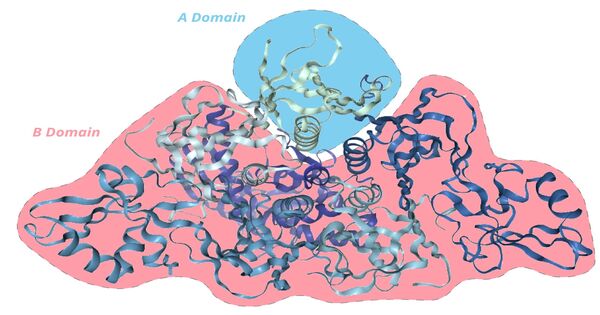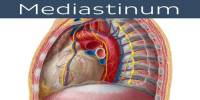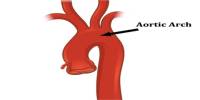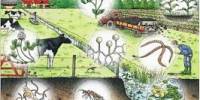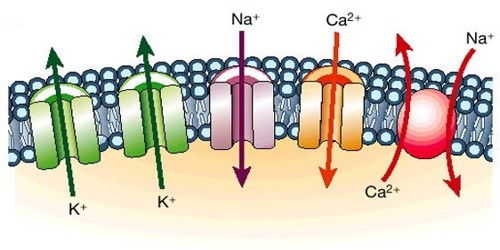Pertussis toxin (PT) is a protein-based exotoxin produced by the bacteria Bordetella pertussis, which causes whooping cough or pertussis. PT plays a role in respiratory tract colonization and infection establishment. The toxin has a substantial impact on disease pathogenesis. Pertussis toxin is a protein complex with five subunits: S1, S2, S3, S4, and S5. According to research, physical therapy may play a therapeutic role in treating a variety of common human diseases, including hypertension, viral infection, and autoimmune.
The toxin disables the host’s immune system, allowing the bacteria to form a long-term infection in the respiratory tract. Pertussis toxin works by interfering with signaling pathways in host cells, namely those involved in immune response regulation. It alters the activity of specific proteins in host cells, resulting in reduced immune responses and protracted infection.
Function
Pertussis toxin disrupts signaling pathways in host cells, specifically those mediated by G proteins. It inactivates G proteins via ADP-ribosylation, preventing them from delivering signals properly within the cell. This disturbance of signaling pathways has a variety of impacts, including increased mucus formation in the respiratory tract, suppression of immune cell function, and other changes that contribute to the symptoms of a whopping cough.
Role in Disease
Pertussis toxin is a significant pathogenicity factor for Bordetella pertussis. It allows the bacterium to colonize the respiratory system more easily and contributes to the disease’s severity. By interfering with host cell signaling, it allows the bacterium to avoid the immune response and establish infection.
Pertussis toxin is also a key component of acellular pertussis vaccinations used to protect against whooping cough. In vaccinations, the toxin is chemically inactivated or detoxified, making it innocuous while still provoking an immunological response. The vaccination protects against severe whooping cough symptoms caused by pertussis toxin by stimulating the formation of antibodies against the bacteria.
Vaccine Development
Pertussis toxin is a significant component of pertussis vaccinations. However, vaccinations contain inactivated or detoxified versions of the toxin, which induce immunity without causing sickness. Vaccination against pertussis has helped to reduce the prevalence of whooping cough, but outbreaks sometimes occur, especially among unvaccinated populations or those with diminishing immunity.
Research and Therapeutic Potential
Pertussis toxin research continues to advance our understanding of bacterial pathogenesis, vaccine development, and possible treatments for whooping cough. Despite its role in disease transmission, pertussis toxin has been widely investigated for potential therapeutic applications. Researchers have looked into its effects on cellular signaling pathways and its possible utility in treating diseases like cancer and autoimmune disorders. Furthermore, knowing the mechanics of pertussis toxin activity has revealed fundamental cellular signaling processes.
